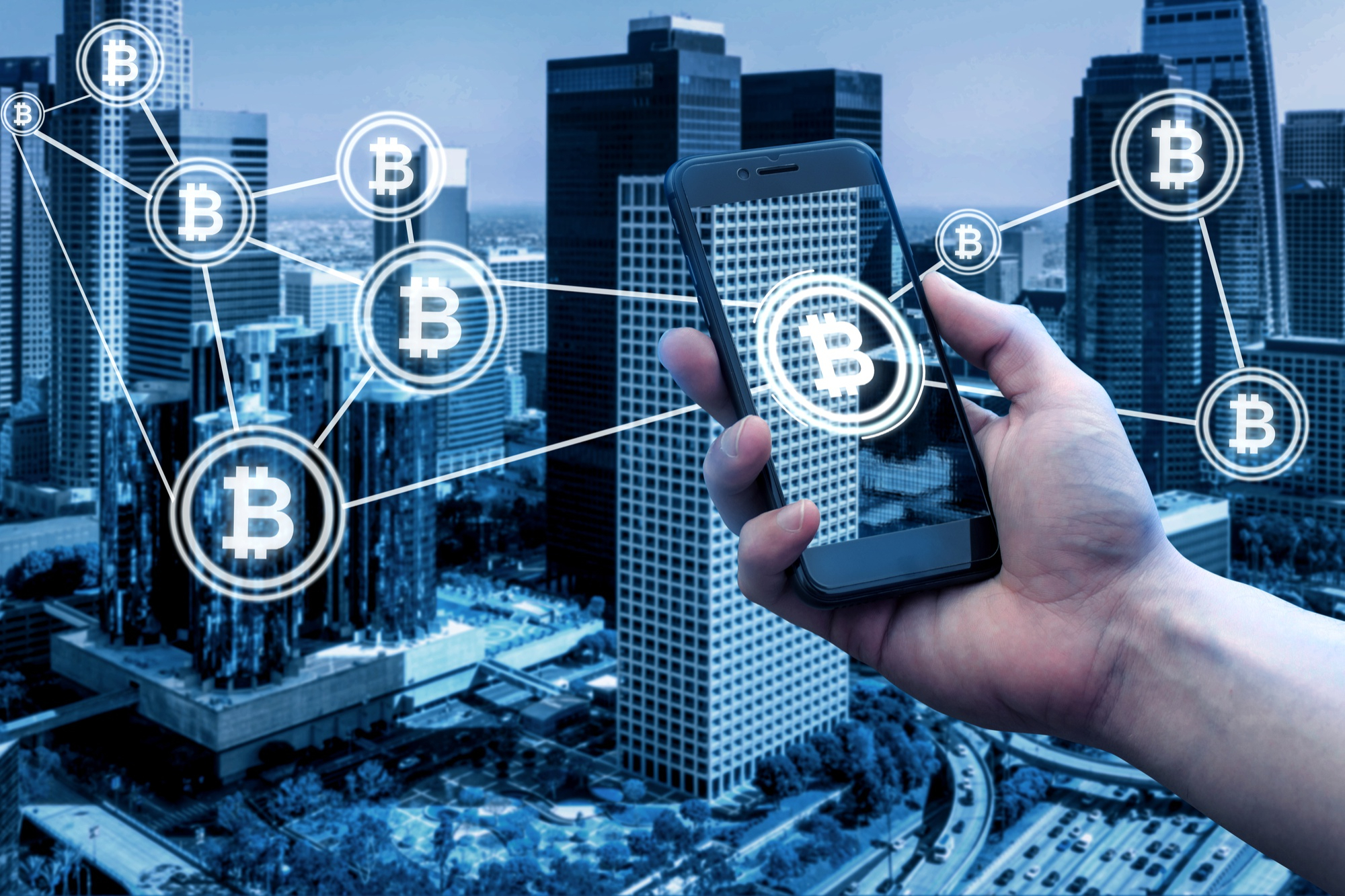What Is Blockchain—and Why Should You Care?
If you’ve ever nodded sagely in a meeting while someone dropped the word “blockchain,” you’re not alone. It’s the corporate equivalent of smiling through a wine tasting—you’re not entirely sure what you’re experiencing, but you hope no one asks a follow-up question.
So let’s strip it down.
The Elevator Pitch
Blockchain is essentially a digital ledger. Think of it as a communal spreadsheet that everyone can see, no one can secretly edit, and everyone has to agree on before it changes. No middlemen. No “oops, I lost the file.” No “trust me, I’ll update it later.”
Each entry (a “block”) is locked in place, chained to the one before it. Once it’s written, it’s permanent. Tampering with it is like trying to rewrite yesterday’s weather report—you can try, but good luck convincing anyone it was sunny when it poured.
Why It Matters
For businesses, blockchain isn’t just tech for hoodie-wearing twenty-somethings mining Bitcoin. It’s about trust without intermediaries and transactions without friction. A few reasons executives should actually care:
- Transparency with Teeth: Every transaction is traceable. Great for supply chains, compliance, and when your auditor looks a little too gleeful.
- Security by Design: Data is encrypted and distributed. Hackers can’t just break into one vault—they’d need to break into thousands at once.
- Efficiency Upgrade: Smart contracts (yes, they’re real) execute automatically when conditions are met. No lawyers billing you by the hour for “document review.”
- New Business Models: From tokenized assets to decentralized finance, blockchain is reshaping how value is stored, traded, and verified.
Here’s the part no one likes to admit: blockchain is still overhyped in some circles. Not every problem needs a decentralized solution. You don’t need blockchain to manage your fantasy football league, or to share cat memes (though someone has tried).But when it comes to industries riddled with inefficiency—finance, healthcare, logistics, real estate—it’s not a gimmick. It’s a potential reset button.
Blockchain isn’t magic. It’s infrastructure. A new layer of digital trust that could reshape how we move money, share data, and run businesses. Ignore it, and you risk becoming the executive who says, “Wait, how did we miss this?”—a phrase best avoided, whether in earnings calls or history books.
So next time someone brings it up in a meeting, you won’t just nod. You’ll know enough to ask the right question. And that, in the blockchain world, is worth more than a token.
